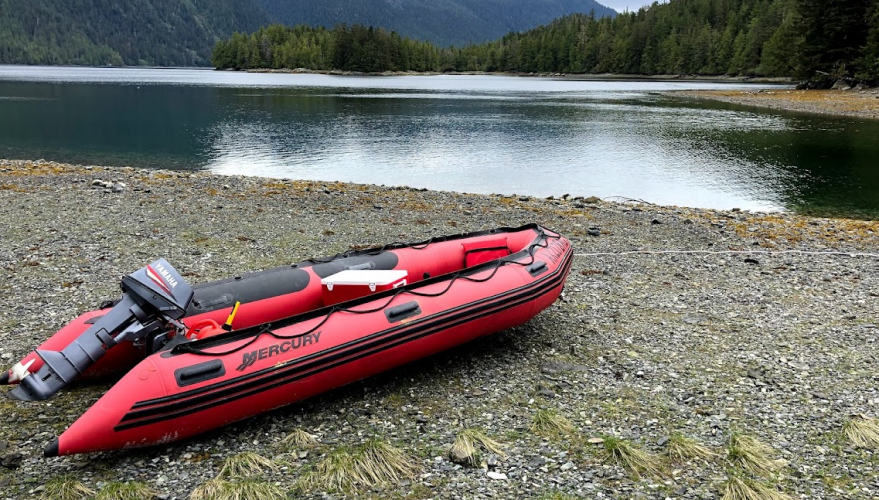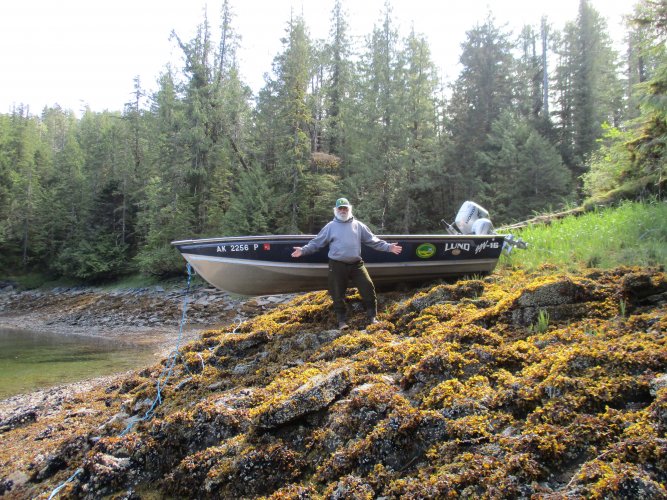Young Buck
Active member
- Joined
- Sep 13, 2016
- Messages
- 87
Headed to hunt black bear on Kupreanof Island in May. Will be staying at Calder Mtn Lodge. I will be hunting them by boat and by foot. This is my first time hunting tidal waters and my greatest concerns on this hunt are understanding how to anchor the boat and making sure it STAYS PUT when going ashore and being able to retrieve it when needed with the large tide swings in the area. Anyone have experience with this or can anyone point me to a resource in print or online to prepare myself?
My other concern is losing a lower unit on rocks. I do understand how to read a nautical chart and will obviously be going slow and especially slow in tidal areas. I will have navionics on my phone and will have a Lowrance GPS/depth finder in the boat. Any advice in this area would be much appreciated also!
Happy hunting!
My other concern is losing a lower unit on rocks. I do understand how to read a nautical chart and will obviously be going slow and especially slow in tidal areas. I will have navionics on my phone and will have a Lowrance GPS/depth finder in the boat. Any advice in this area would be much appreciated also!
Happy hunting!






